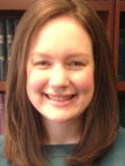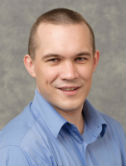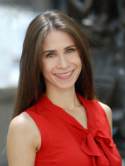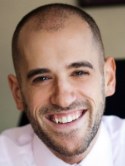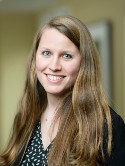| Abstract: |
Background: The importance of deriving benefit and meaning has been identified among cancer caregivers, but this has yet to be examined in the context of rare cancers. We sought to characterize unmet needs and experiences of caregivers of patients with Erdheim-Chester disease (ECD) and other histiocytic neoplasms (HN) and to identify factors associated with finding benefit and meaning-making in providing care for patients with rare cancers. Methods: Caregivers of patients with ECD and other HN completed quantitative surveys. Linear univariable regression modeling examined associations between unmet needs, social and family support, and intolerance of uncertainty with benefit finding and meaning-making. A subset participated in qualitative interviews assessing experiences of rare cancer caregiving that were analyzed with applied thematic analysis (NCT039900428). Findings: Of caregivers (N = 92, M = 54 years old, 68% female) of patients with ECD (75%) and other HN (25%), 78% reported moderately or severely unmet support needs, most frequently informational (58%) and psychological/emotional (66%) needs. Caregivers with unmet informational, psychological/emotional, and social support needs, difficulty tolerating uncertainty, a longer duration of the patient's illness, lower social support, more family conflict, and higher anxiety and depression symptoms demonstrated less benefit finding and meaning-making (ps <.05). Qualitative interviews (N = 19) underscored information and support needs and the capacity to derive meaning from caregiving. Interpretation: Rare cancer caregivers report numerous unmet information and support needs, needs that arise from disease rarity itself and which are associated with diminished capacity for deriving benefit and meaning from caregiving. Findings highlight targets for interventions to improve support for caregivers with HN and other rare cancers. Funding: NIH P30 CA008748 (PI: Craig Thompson, MD), NIH T32 CA009461 (H.M.; PI: Jamie Ostroff, PhD), Frame Family Fund (E.L.D.), Applebaum Foundation (E.L.D.). © 2022 The Authors |




